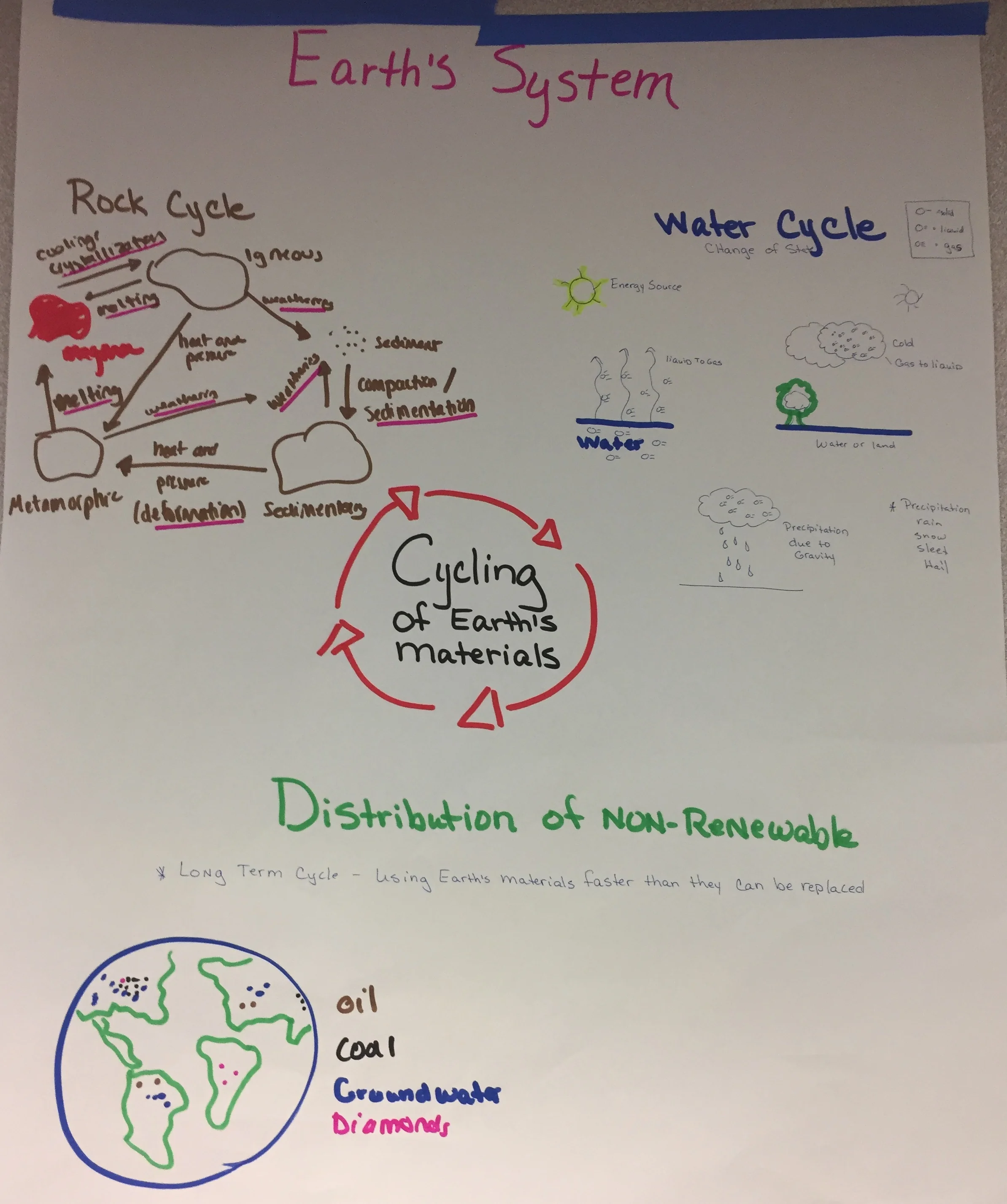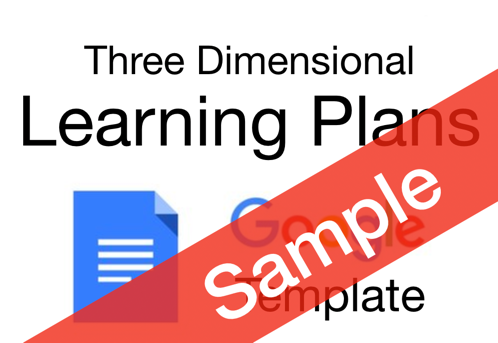MS-ESS3-1: Uneven Distribution of Earth's Resources
Construct a scientific explanation based on evidence for how the uneven distributions of earth's mineral, energy, and groundwater resources are the result of past and current geoscience processes. (Cause and Effect)
Clarification Statement: Emphasis is on how these resources are limited and typically non-renewable, and how their distributions are significantly changing as a result of removal by humans. Examples of uneven distributions of resources as a result of past processes include but are not limited to petroleum (locations of the burial of organic marine sediments and subsequent geologic traps), metal ores (locations of past volcanic and hydrothermal activity associated with subduction zones), and soil (locations of active weathering and/or deposition of rock)
Assessment Boundary: none
Science Practices
Constructing Explanations and Designing Solutions
Disciplinary Core Ideas
ESS3.A: Natural Resources
Crosscutting Concepts
Cause and Effect
Assessments
The Wonder of Science Assessments
Shared Assessments
The following assessments were shared by teachers implementing the NGSS. Many of these are drafts and should be used accordingly. Feel free to improve these assessments or contribute your own. Learn more here.
Instructional Resources
Mini Lessons
The Wonder of Science Resources
Anchor Charts
Phenomena
Videos
Learning Plans
Storylines
Common Core Connections
ELA/Literacy
RST.6-8.1 - Cite specific textual evidence to support analysis of science and technical texts.
WHST.6-8.2 - Write informative/explanatory texts, including the narration of historical events, scientific procedures/ experiments, or technical processes.
WHST.6-8.9 - Draw evidence from informational texts to support analysis reflection, and research.
Mathematics
6.EE.B.6 - Use variables to represent numbers and write expressions when solving a real-world or mathematical problem; understand that a variable can represent an unknown number, or, depending on the purpose at hand, any number in a specified set.
7.EE.B.4 - Use variables to represent quantities in a real-world or mathematical problem, and construct simple equations and inequalities to solve problems by reasoning about the quantities.
*Next Generation Science Standards is a registered trademark of Achieve. Neither Achieve nor the lead states and partners that developed the Next Generation Science Standards were involved in the production of this product, and do not endorse it. Visit the official NGSS website.























